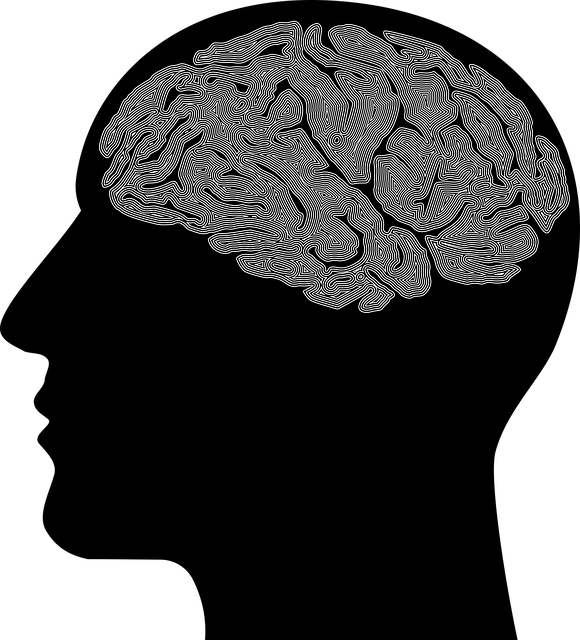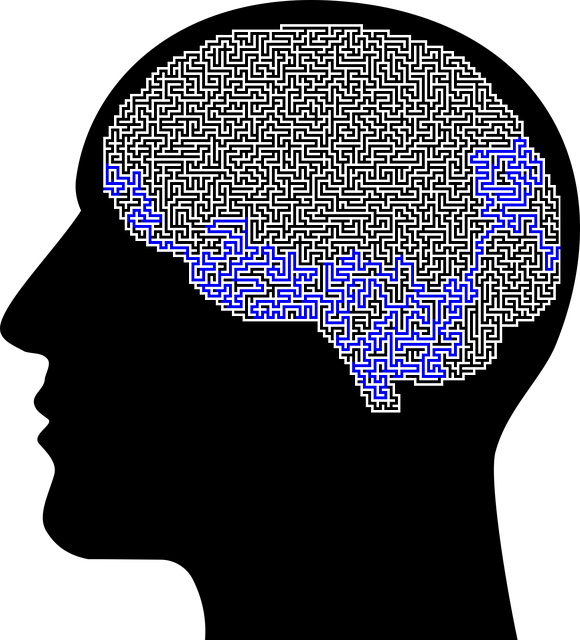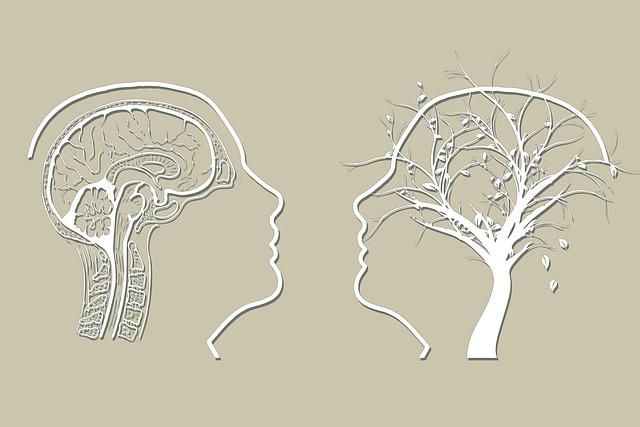Cultural competency in healthcare is essential for providing personalized, effective care, especially for mental health issues like postpartum depression (PPD) affecting diverse cultural groups. Biases among providers can lead to disparities in diagnosis and treatment, particularly in therapy for children. Training programs focused on cultural competency help professionals accurately assess risk, consider unique community challenges, and improve patient outcomes. Tailored interventions and inclusive care strategies, such as role-playing scenarios and mental wellness journaling, bridge cultural divides, enhance trust, and foster positive PPD therapy outcomes for diverse populations.
In today’s diverse healthcare landscape, cultural competency training is no longer an option but a necessity. This article explores the vital role of cultural competency in healthcare delivery, focusing on its impact on sensitive areas such as children’s mental health services and postpartum depression therapy. We delve into effective training strategies to overcome cultural divides and present case studies showcasing successful programs fostering inclusive care. Understanding and addressing cultural competency ensures equitable access to quality mental health treatment for all, especially vulnerable populations like children and new mothers.
- Understanding Cultural Competency in Healthcare: A Necessary Framework
- The Impact of Cultural Bias on Children's Mental Health Services
- Postpartum Depression: Uncovering the Cultural Barriers to Treatment
- Training Strategies for Healthcare Providers to Overcome Cultural Divides
- Fostering Inclusive Care: Case Studies of Effective Cultural Competency Programs
Understanding Cultural Competency in Healthcare: A Necessary Framework

Cultural competency in healthcare is a crucial framework that recognizes and respects the diverse cultural backgrounds, beliefs, and values of patients and their families. It involves understanding how culture shapes health practices, communication styles, and perceptions of illness, enabling healthcare providers to offer more personalized and effective care. This is especially critical when addressing mental health issues, such as postpartum depression, which can disproportionately affect certain cultural groups.
By integrating cultural competency training, healthcare professionals gain valuable insights into the unique challenges faced by diverse communities. For instance, they learn to provide therapy for children within their cultural contexts, ensuring that interventions are sensitive and meaningful. This approach fosters mental wellness and inner strength development, allowing individuals to navigate life’s crises with enhanced resilience. The training also equips providers with crisis intervention guidance tailored to different cultures, thereby improving overall patient outcomes and satisfaction.
The Impact of Cultural Bias on Children's Mental Health Services

Cultural biases among healthcare providers can significantly impact children’s mental health services, often leading to disparities in diagnosis and treatment. When therapists or caregivers hold unconscious preconceptions about different cultural groups, they may inadvertently influence their interactions with young clients. For instance, a therapist might attribute a child’s behavioral issues to post-partum depression without considering the unique cultural context, family dynamics, or spiritual beliefs that could be contributing factors.
This misalignment can hinder the development of an effective therapy plan, as mental health professionals play a pivotal role in identifying and addressing children’s emotional and psychological needs. Promoting cultural competency among caregivers is crucial to enhancing accurate risk assessments for mental health professionals. By cultivating inner strength and understanding through training programs that focus on diverse populations, practitioners can better support children and families from various backgrounds, fostering positive mental wellness outcomes.
Postpartum Depression: Uncovering the Cultural Barriers to Treatment

Postpartum depression (PPD) is a complex condition that can significantly impact new mothers’ emotional well-being and ability to care for their infants. Cultural barriers often hinder access to effective therapy for children with PPD, creating a challenge for healthcare providers. These barriers include diverse cultural beliefs about mental health, stigma associated with seeking treatment, and language differences that may restrict communication. For instance, some cultures view emotional distress as a personal weakness rather than a medical condition, deterring mothers from discussing their symptoms openly.
Addressing these cultural issues is essential in promoting emotional well-being through tailored interventions. Social skills training and self-awareness exercises can help healthcare professionals build trust with diverse patient populations. By incorporating cultural competency training into PPD treatment plans, providers can offer more inclusive care, ensuring that mothers receive the necessary support to overcome depression and bond securely with their children.
Training Strategies for Healthcare Providers to Overcome Cultural Divides

Effective training strategies for healthcare providers are crucial to overcoming cultural divides and improving patient care. One approach involves immersive experiences where providers engage with diverse communities, fostering understanding and empathy. Workshops can include role-playing scenarios, focusing on common challenges faced by minority groups, and encouraging open dialogue. For instance, simulating interactions between healthcare staff and patients from different cultural backgrounds can help address potential biases and improve communication skills.
Additionally, integrating specialized training modules on topics like trauma support services and mental illness stigma reduction efforts into the curriculum ensures providers are equipped to handle sensitive issues. Social skills training can enhance the patient-provider relationship, especially when caring for vulnerable populations such as children and those experiencing postpartum depression. These strategies collectively contribute to a more inclusive healthcare environment, ultimately improving therapy outcomes.
Fostering Inclusive Care: Case Studies of Effective Cultural Competency Programs

Fostering inclusive care is a cornerstone of effective cultural competency training, ensuring healthcare providers can address diverse patient needs with empathy and understanding. Case studies highlight successful programs that have made significant strides in this area. For instance, some initiatives focus on providing therapy for children from culturally diverse backgrounds, tailoring treatments to reflect their unique family structures and beliefs. These approaches not only improve therapeutic outcomes but also strengthen the child’s sense of belonging and trust in the healthcare system.
Additionally, programs emphasize mental wellness journaling exercises as a guidance mechanism, helping patients articulate their experiences and track progress over time. This practice has been particularly beneficial for new mothers suffering from postpartum depression, offering them a safe space to express emotions and seek support. Moreover, risk assessment for mental health professionals is an integral part of these training models, ensuring practitioners are equipped to identify and address cultural biases that might impact their practice, thereby enhancing self-esteem improvement among patients and providers alike.
Cultural competency training is a powerful tool to enhance healthcare delivery, especially in addressing mental health issues like postpartum depression and cultural biases impacting children’s services. By understanding diverse cultural frameworks, healthcare providers can offer more inclusive care. The strategies outlined in this article provide a roadmap for improving patient outcomes, ensuring that every individual receives respectful and effective therapy, regardless of their background. Incorporating case studies of successful programs demonstrates the positive impact of targeted training, fostering an environment where cultural divides are bridged and quality care is accessible to all.














